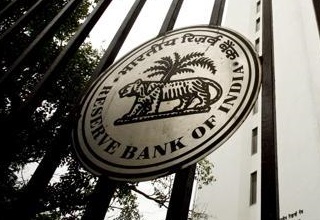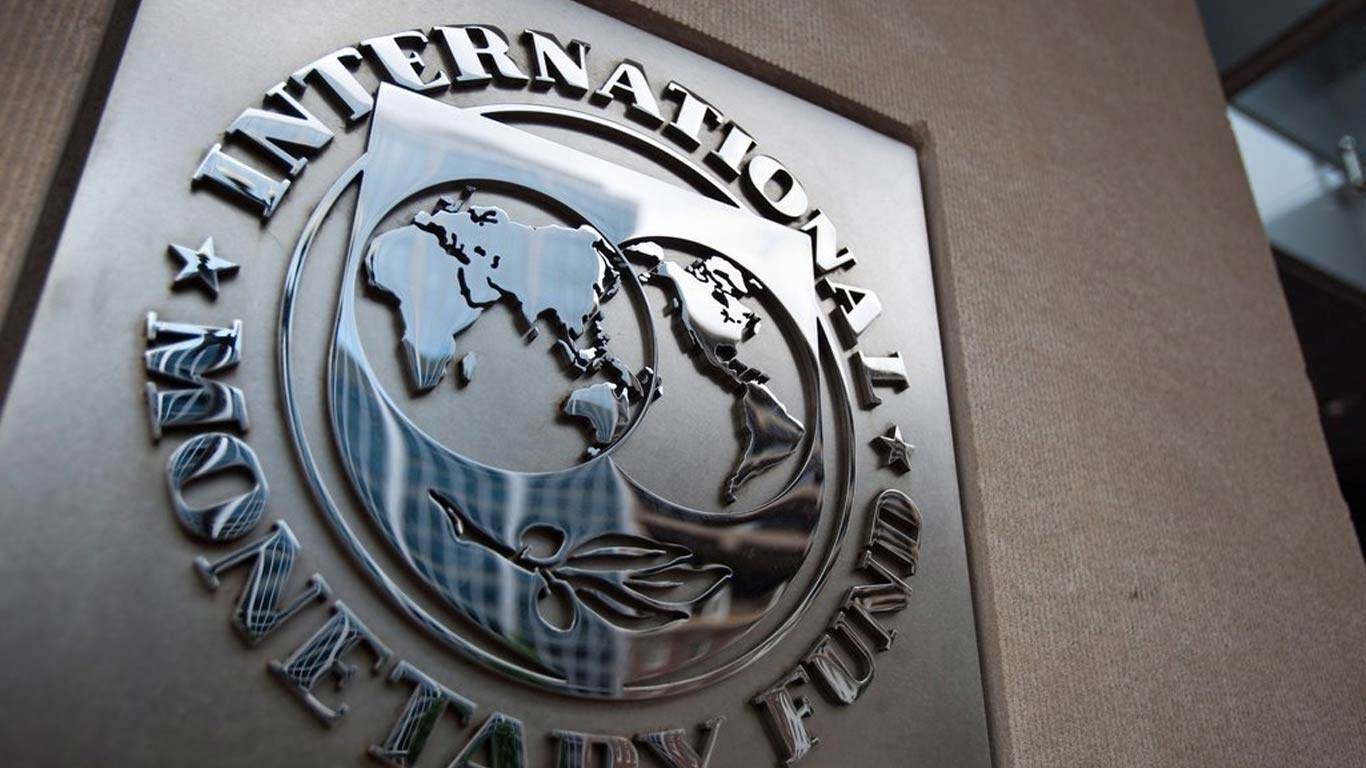RBI permits ECB proceeds to be parked in term deposits for 6 months
Updated: Nov 22, 2014 01:25:04pm

“With a view to providing greater flexibility to the ECB borrowers in structuring draw down of ECB proceeds and utilisation of the same for permitted end uses, it has been decided to permit AD Category -I banks to allow eligible ECB borrowers to park ECB proceeds (both under the automatic and approval routes) in term deposits with AD Category- I banks in India for a maximum period of six months pending utilisation for permitted end uses,” said an RBI notification yesterday.
The facility however comes with certain conditions: The applicable guidelines on eligible borrower, recognised lender, average maturity period, all-in-cost, permitted end uses, etc. should be complied with; no charge in any form should be created on such term deposits i.e. to say that the term deposits should be kept unencumbered during their currency.
In addition, such term deposits should be exclusively in the name of the borrower; and such term deposits can be liquidated as and when required, it said.
At present, eligible ECB borrowers are required to bring ECB proceeds, meant for Rupee expenditure in India for permitted end uses, such as, local sourcing of capital goods, on-lending to Self-Help Groups or for micro credit, payment for spectrum allocation, etc., immediately for credit to their Rupee accounts with AD Category - I banks in India.
The amended ECB policy will come into force with immediate effect and is subject to review. All other aspects of ECB policy would remain unchanged, the apex bank said, asking AD Category banks to inform their constituents and customers in this regard.
The directions in this circular have been issued under sections 10(4) and 11(1) of the Foreign Exchange Management Act, 1999 (42 of 1999) and are without prejudice to permissions / approvals, if any, required under any other law, the RBI said. (KNN/ES)











